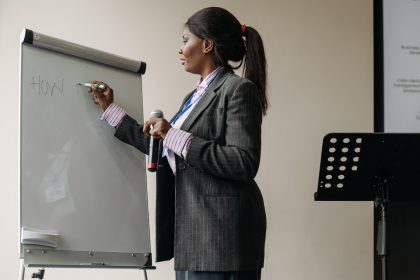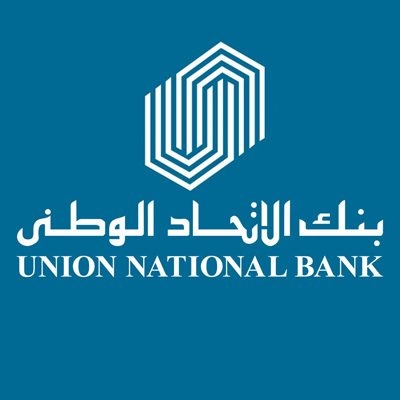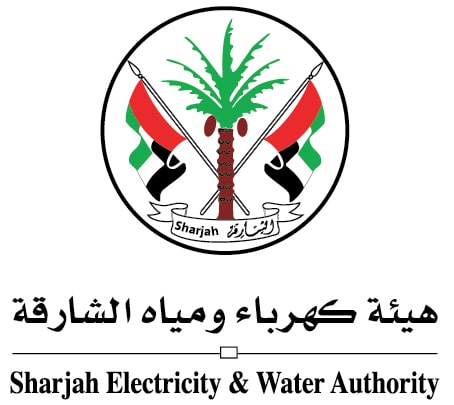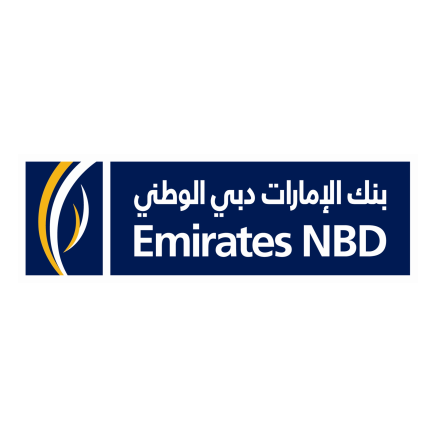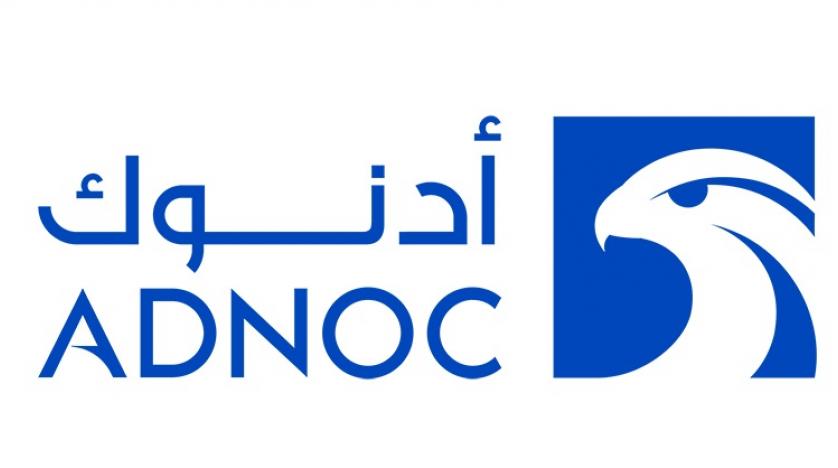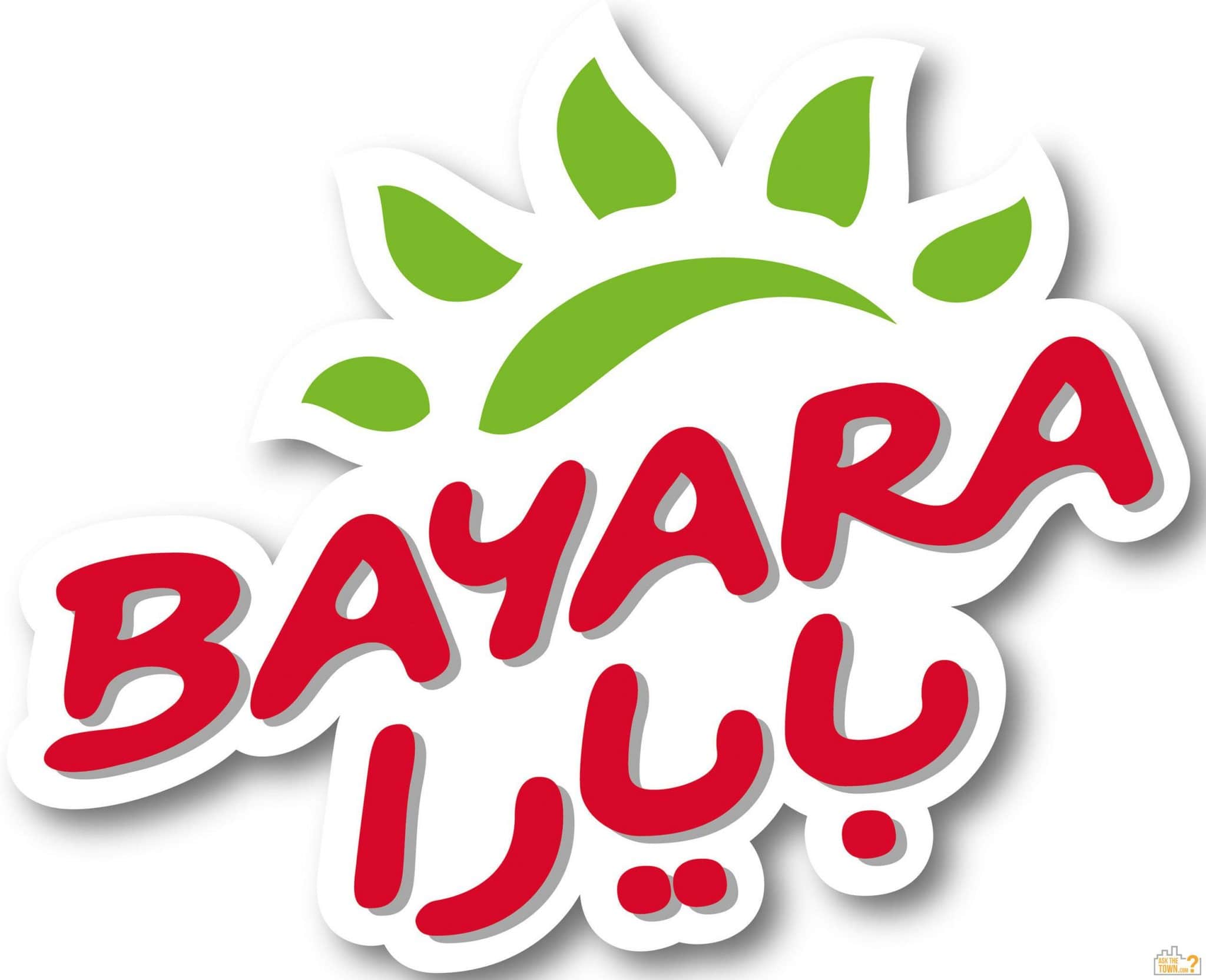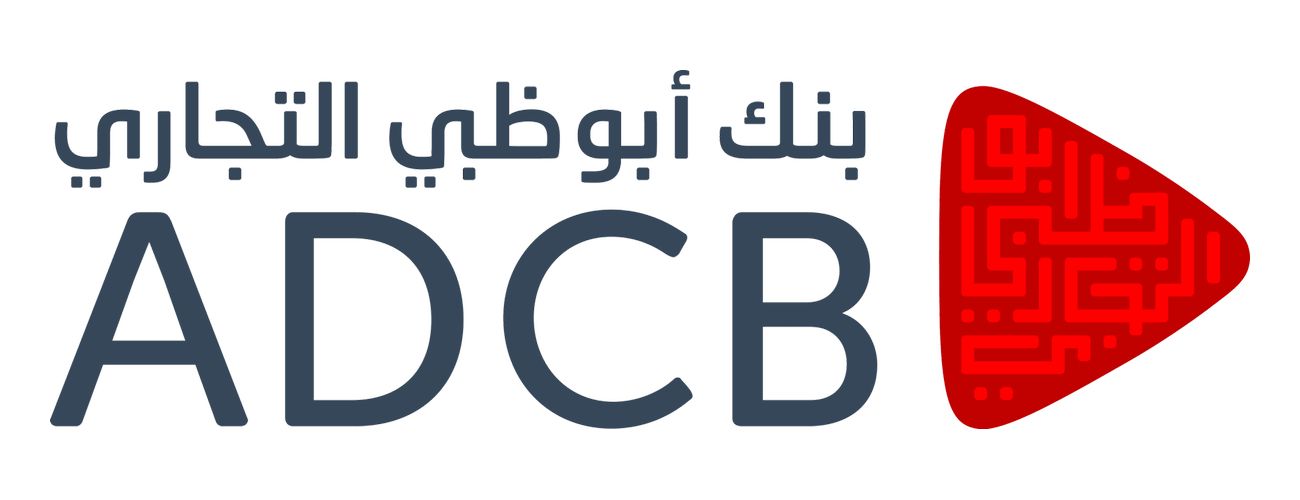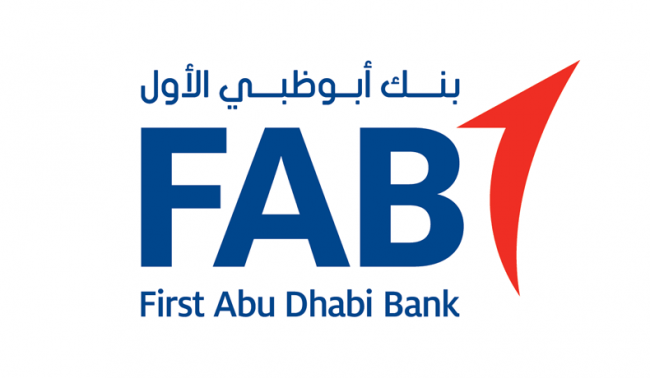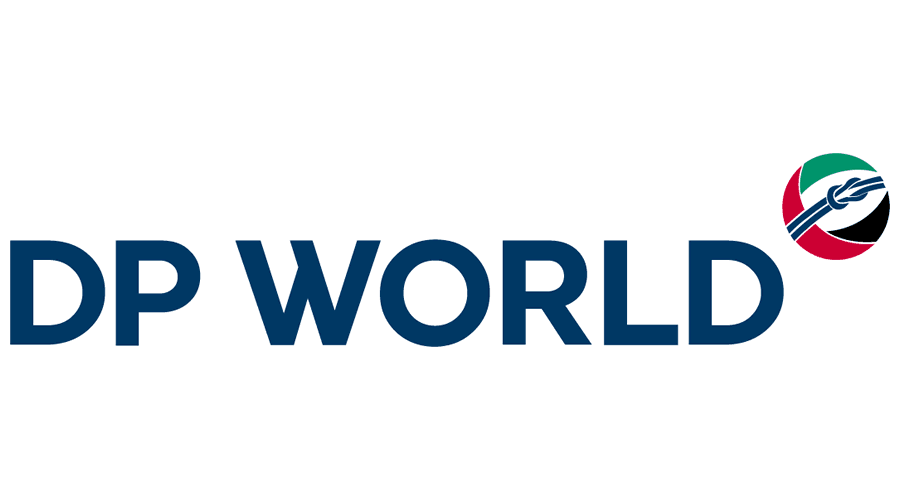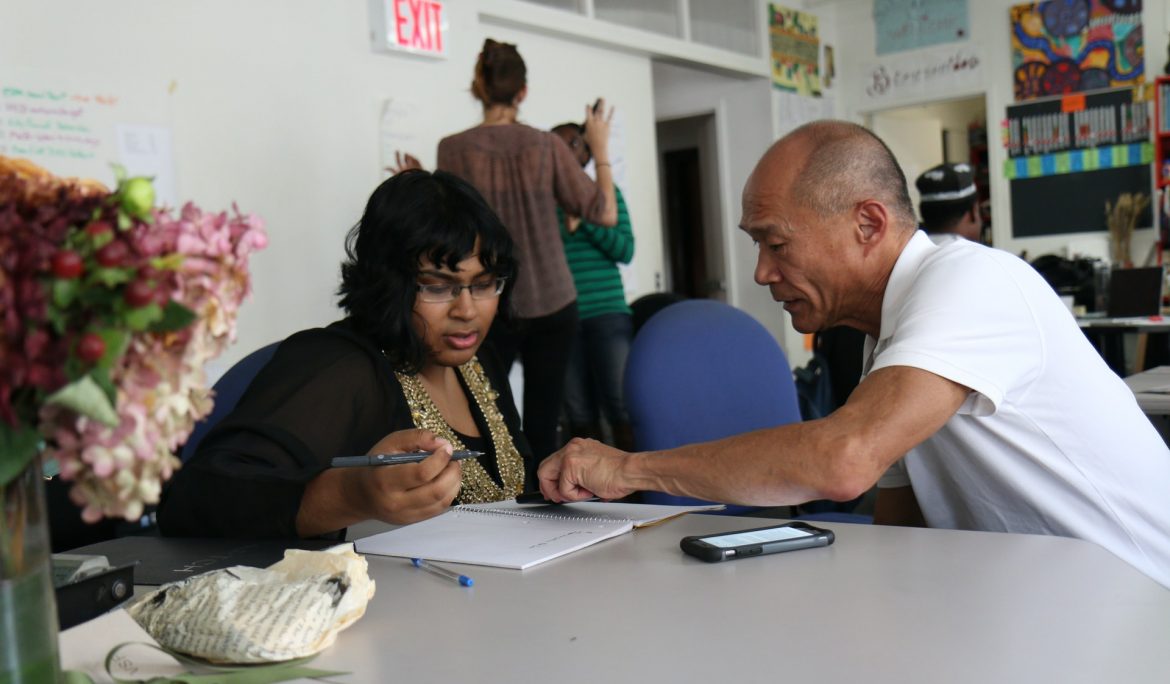
Mentoring or mentor coaching is integral to coach training. The International Coaching Federation (ICF) mandates that the coaches have at least 10 hours of mentoring sessions to earn eligibility for a credential. Although aspiring coaches might have an idea regarding coaching, very few have adequate knowledge about the mentoring process.
Three Stages of Mentoring Process
According to Egan (1994), Mentoring is a 3-stage Model and is integral to coach training:
Through the process of Mentor Coaching, a coach obtains new or fresh understanding, followed by actionable responses accordingly. As quoted in David Clutterbuck’s book “Everyone Needs a Mentor”:
In spite of the variety of definitions of mentoring (and the variety of names it is given, from coaching or counselling to sponsorship) all the experts and communicators appear to agree that it has its origins in the concept of apprenticeship, when an older, more experienced individual passed down his knowledge of how the task was done and how to operate in the commercial world.
Exploration
In this stage, the following strategies might be employed by the mentor:
- Lead and initiate the conversation.
- Be attentive and develop the relationship.
- Be clear about the objectives while conferring the ground rules.
- Offer support and provide direction.
The process involves the following methodologies:
- Asking questions;
- Listening to the replies; and
- Negotiation.
New Understanding
As exploration generates new understanding, the mentor would follow up with the following approaches:
- Offer support and provide appropriate counsel.
- Give feedback.
- Initiate coaching followed by a demonstration of skills.
Methods used in the ‘new understanding’ stage are:
- Listening to the person and challenging him;
- Ask open as well as closed questions;
- Assist in establishing priorities; and
- Summarize;
- Identification of learning and progress requirements;
- Offer information and guidance;
- Storytelling and sharing of experience.
Action
The third and final stage of the mentoring process is action. So what happens in this stage? Usually, the following approaches are taken by the mentor:
- Examination of choices/options and the repercussions of the same.
- Address the relationship developed.
- Negotiation followed by devising an actionable plan.
The following methods are used by the mentor in the third and final stage of the process:
- Encourage to generate creativity and innovative thinking;
- Assistance in problem-solving and decision-making;
- Deciding and assenting to the action plans;
- Monitor and assess.
Progression of the Mentoring Process
An intricate and extensive process, mentoring does not always move in a straight line from one stage to another. Instead of a gradual flow, one might find the conversation moving across all three stages. Sometimes, the mentor could feel the urge to move to the third stage of action as soon as possible. However, that is solely determined by the progress that one achieves in the first two stages of the mentoring process. Hence, it is important to summarize and review each session through the process. It helps the mentor to chart a path between the three stages.
Conclusion
On an ending note, we would like to stress that the three stages of the mentoring process are just a map. How you chart the path and navigate the same is up to you, your unique situation, and your competence. That’s what the coach training institutes prepare you for.
You can read more informative blogs here.
